News and features
Read the latest news and features about our world-leading research, discoveries, fundraising and philanthropy. If you want to keep updated on our news, you can follow us on social media or sign up for our Search newsletter.
If you’re a journalist and want to find out more, you can contact our media relations team.

ICR donors celebrate a year of scientific discovery
Members of The Institute of Cancer Research, London’s Discovery Club gathered at the 4th Annual Reception to celebrate the scientific achievements made possible over the past year thanks to philanthropic investment from donors and supporters.
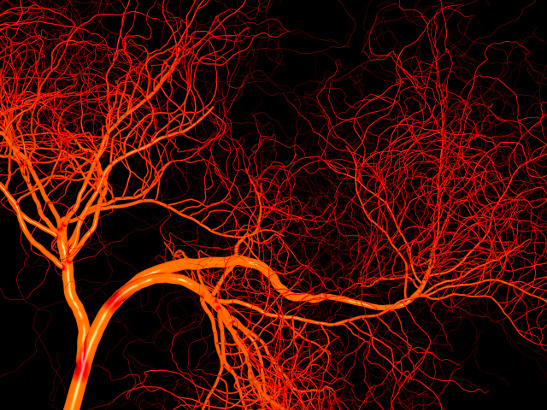
New drug combination treats kidney cancers
New research shows that a combination of two existing drug types slows the growth of kidney cancer by suppressing the development of new tumour blood vessels more effectively than existing treatments.

The Climb of Life beats £100,000 target
The ICR's annual Climb of Life fundraising event has raised a fantastic £101,260, surpassing last year’s final total and raising more than £650,000 in a decade.

Ecological technique to find cancer-tracking immune cells predicts breast cancer survival
A system used by ecologists to study predator-prey interactions could predict breast cancer survival, according to ICR research.
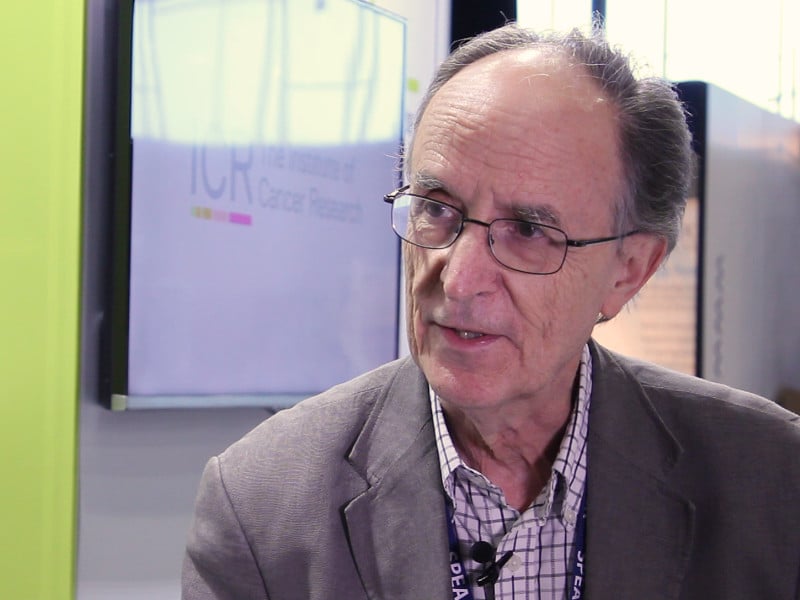
ICR video celebrates Mel Greaves’ Lifetime Achievement Award
Professor Mel Greaves discusses his 30 years at the ICR in a video about the science which recently won him Cancer Research UK’s Lifetime Achievement award.
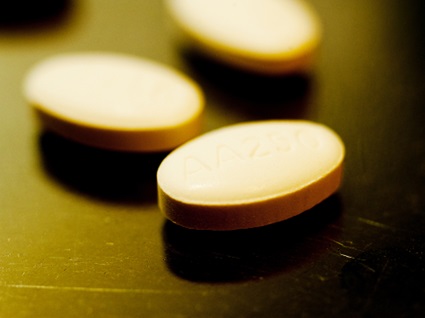
Statement about plans to reform Cancer Drugs Fund
ICR CEO Professor Paul Workman comments on new plans to reform the Cancer Drugs Fund in England.
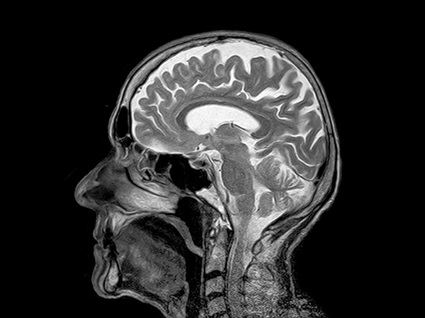
MRI could detect head and neck cancer’s resistant cores
Grouping magnetic resonance imaging data into clusters could detect treatment-resistant cores inside head and neck tumours, a new study shows.
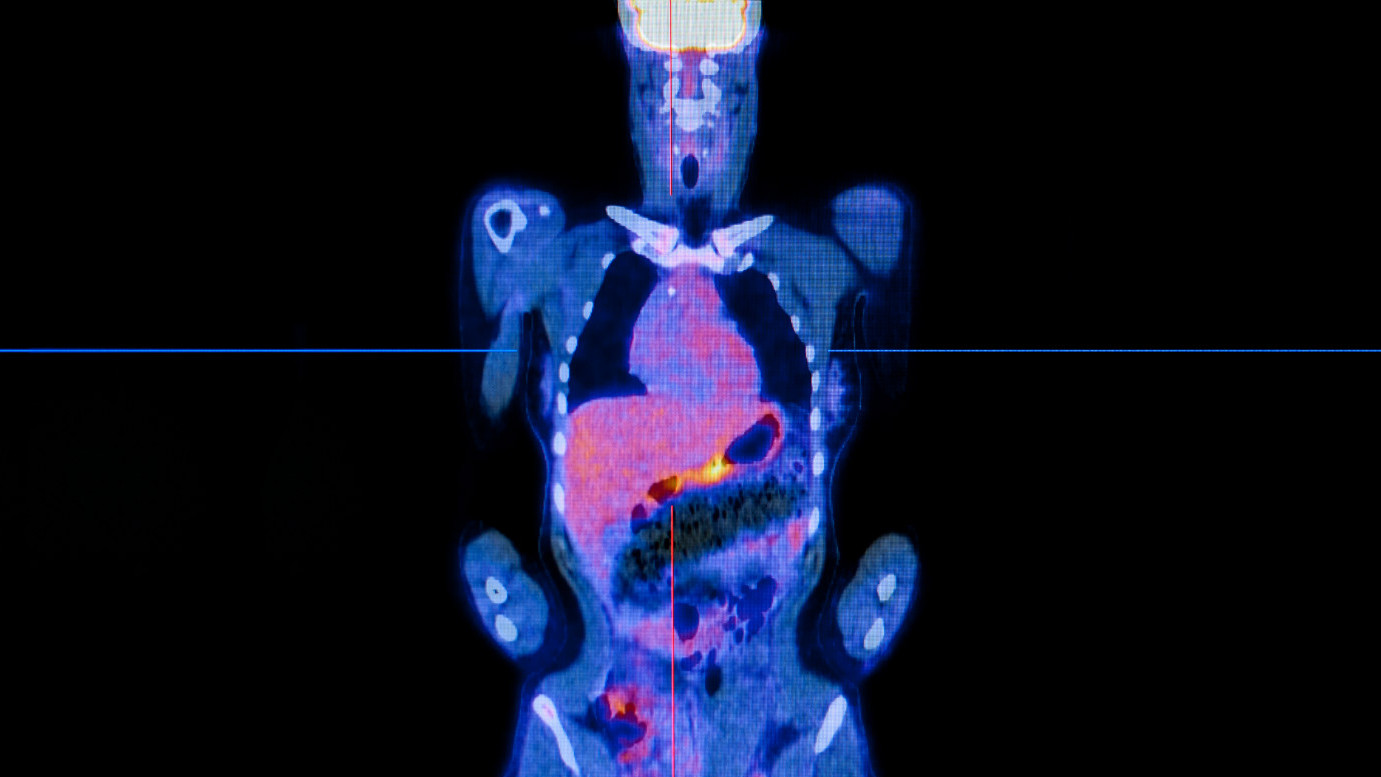
Using radiotracers to spy on cancer’s secrets
Scientists are developing new imaging techniques that track cancer’s metabolism using radiolabelled amino acids
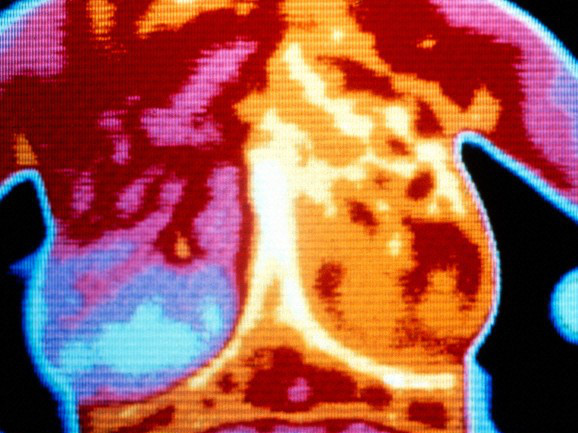
Blood test detects when hormone treatment for breast cancer stops working
Scientists have developed a highly sensitive blood test that can spot when breast cancers become resistant to standard hormone treatment, and have demonstrated that this test could guide further treatment.

New genetic cause of a childhood kidney cancer discovered
Genetic mutations in a gene called REST have been shown to cause Wilms tumour, a rare kidney cancer that occurs in children.
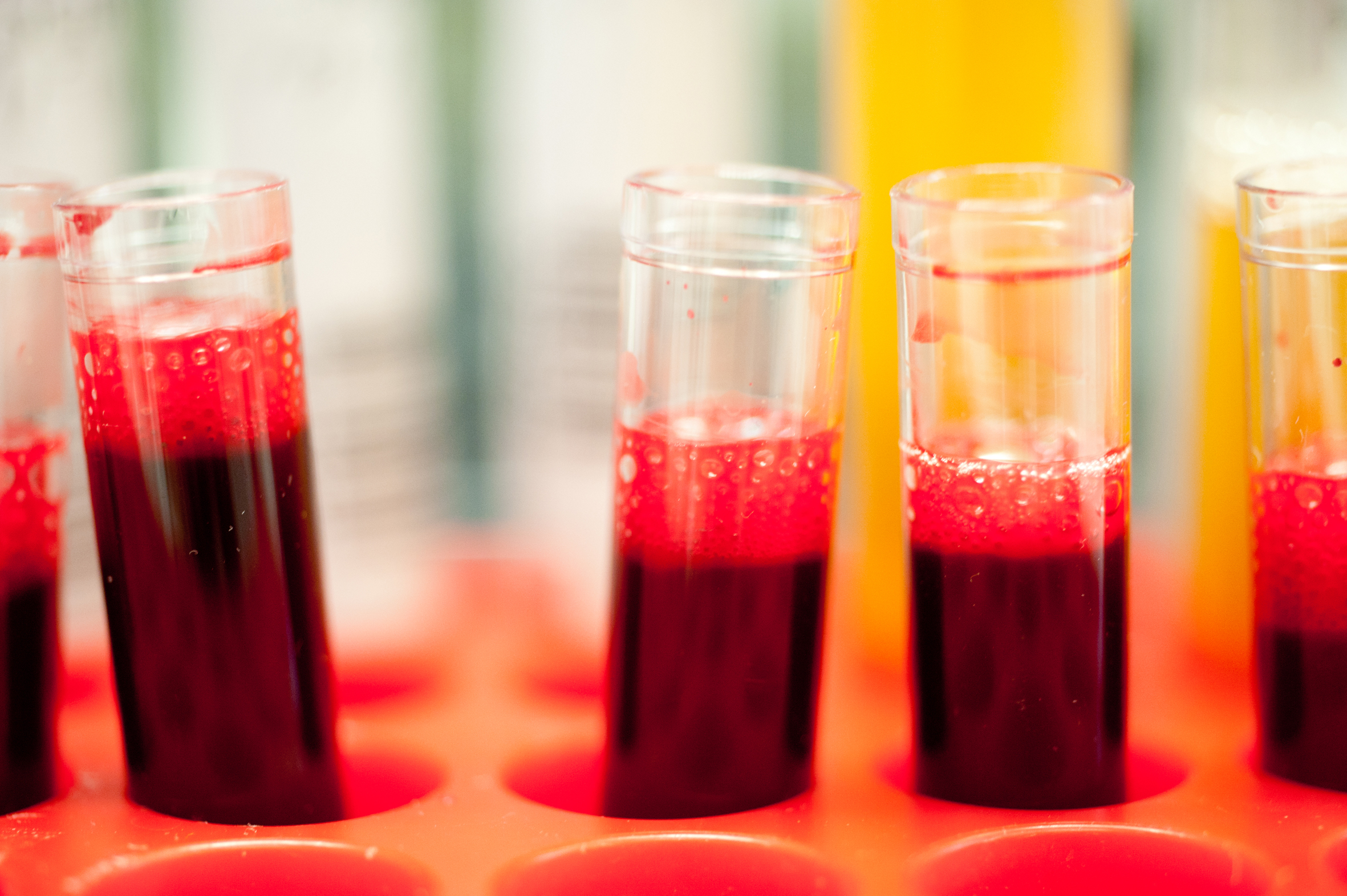
Blood test picks out prostate cancer drug resistance
Scientists have developed a blood test that can identify key mutations driving resistance to a widely used prostate cancer drug, and identify in advance patients who will not respond to treatment.
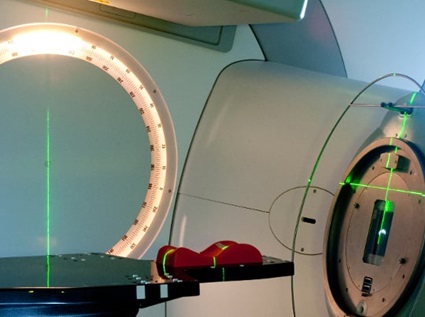
Changes urged to radiotherapy practice that could save NHS tens of millions per year
Major clinical trial finds new regime for prostate cancer at least as good, cheaper and more convenient than current practice
